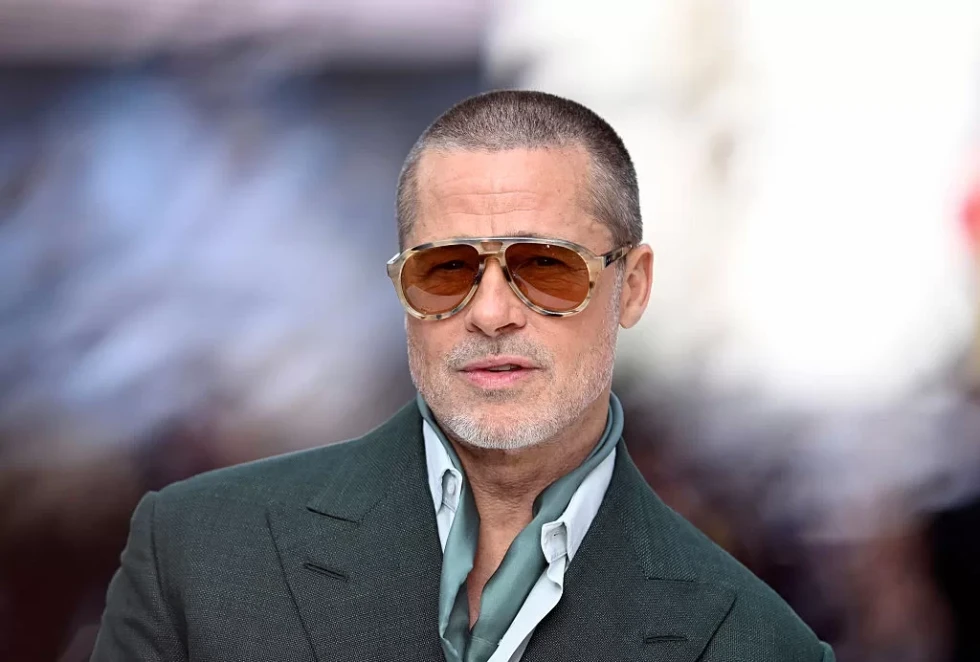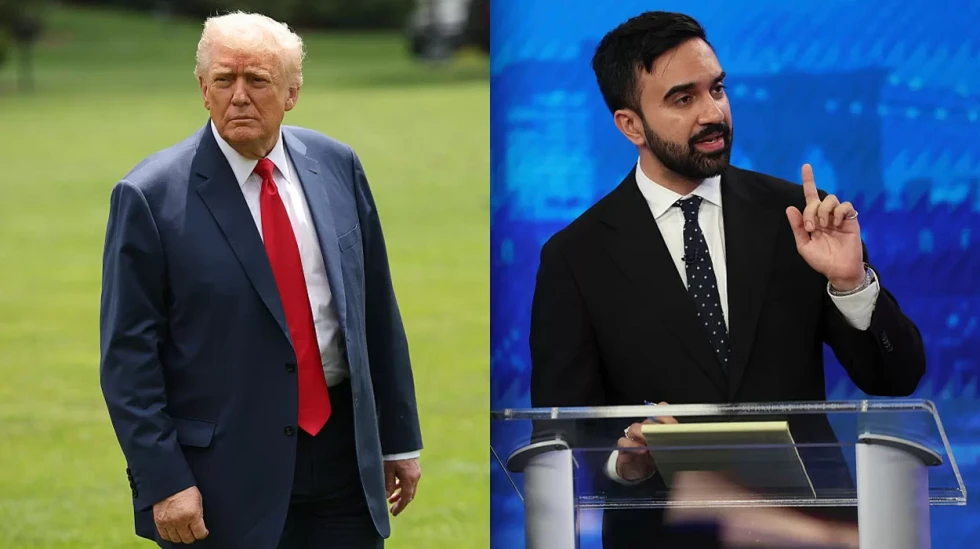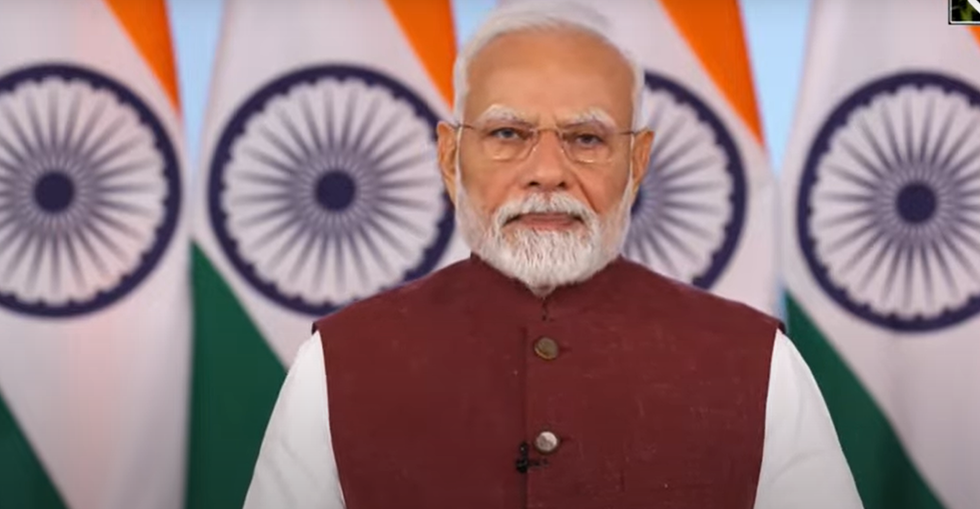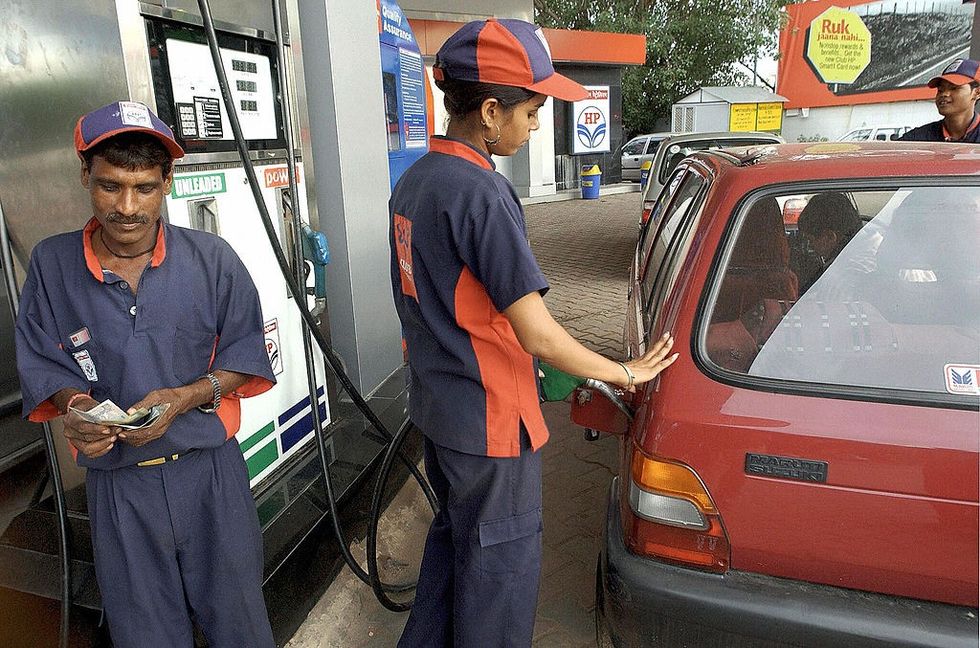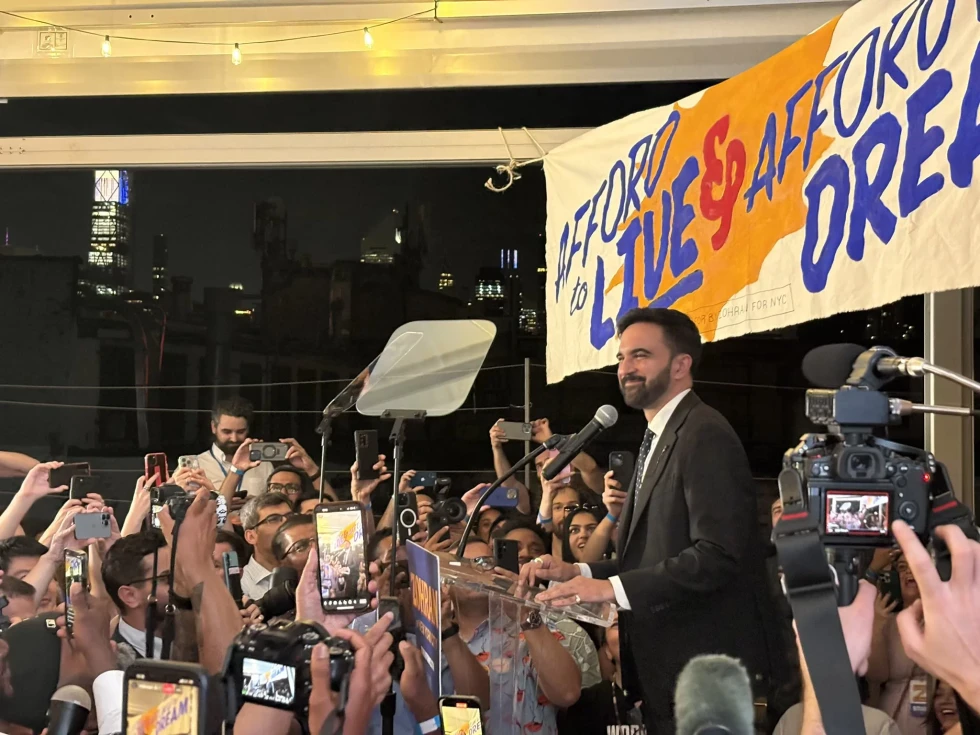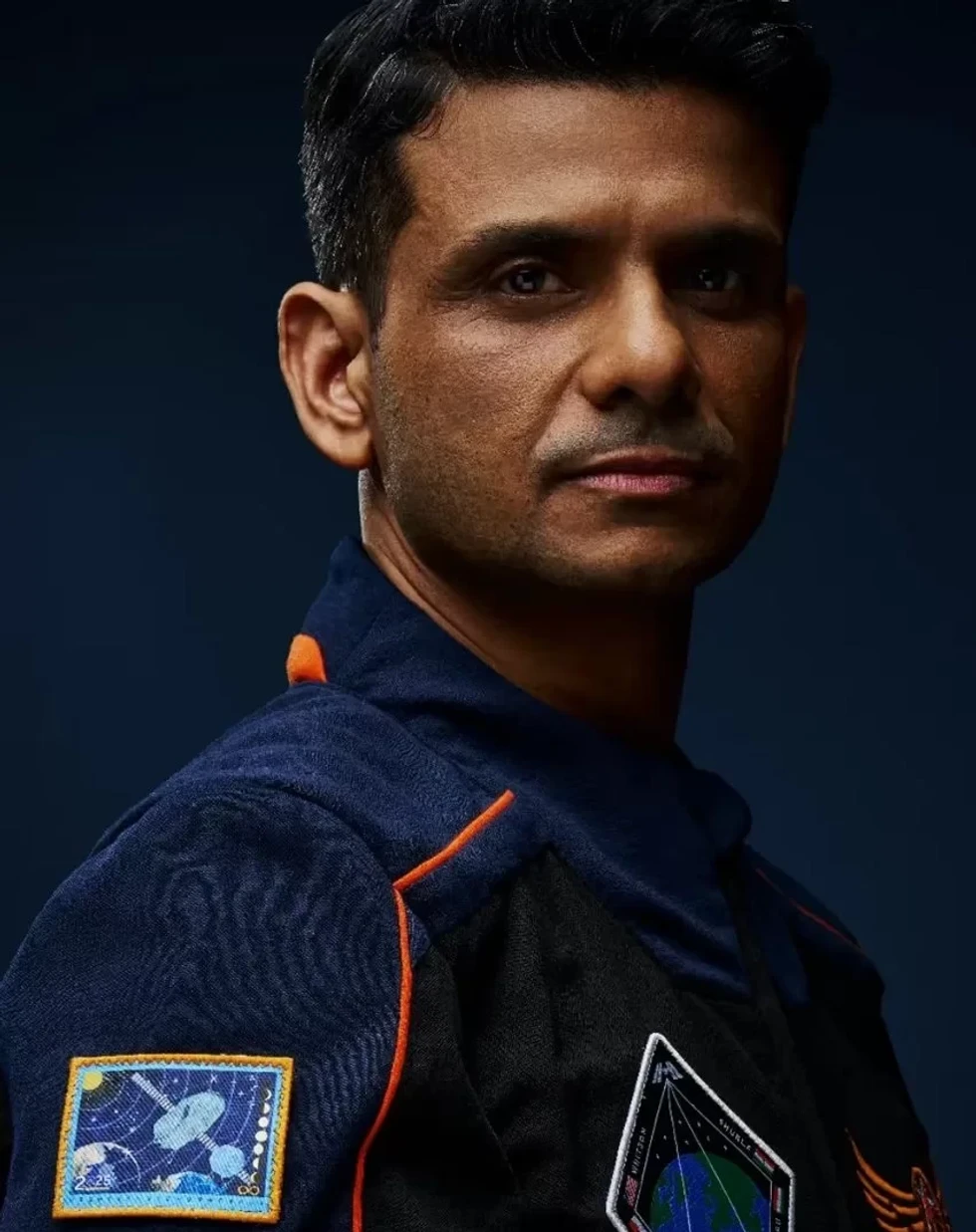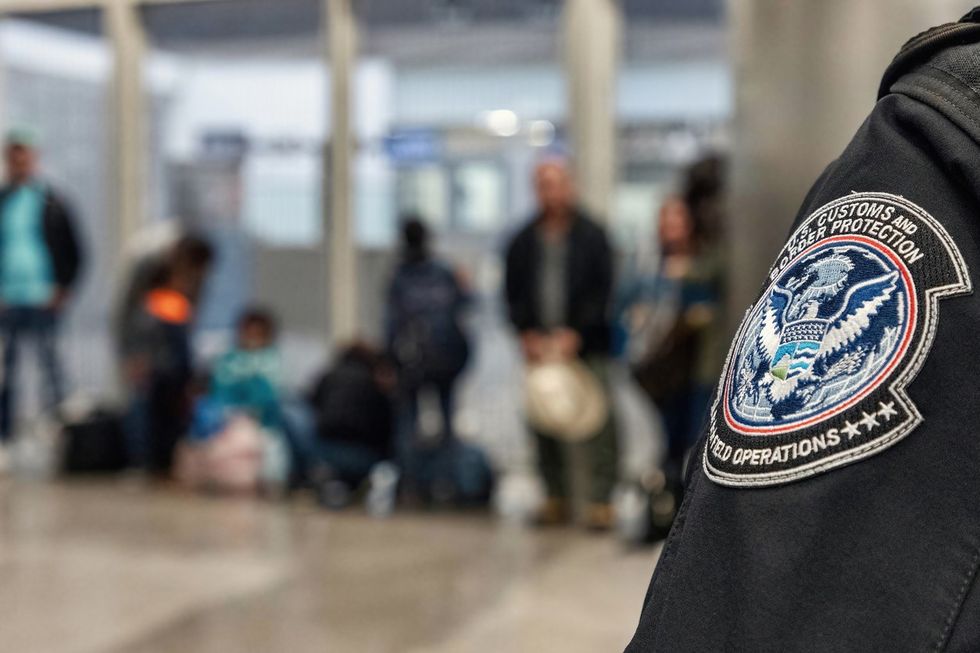CONSPIRACY theories have surfaced after India’s chief of defence staff general Bipin Rawat died in a Mi-17V5 military helicopter crash in the southern Indian state of Tamil Nadu on Wednesday (8) along with his wife Madhulika and 11 other personnel.
Social media was abuzz with allegations that China could have engineered the incident, given its ongoing border standoff with India in Ladakh. Eminent Indian strategic analyst professor Brahma Chellaney even compared the tragic death of Rawat, who was known to be a hardliner in military and strategic affairs, with that of Taiwan’s chief of general staff general Shen Yi-ming in a similar accident in Taipei in January last year.
ALSO READ:Top US leaders condole Bipin Rawat's death, say he was a valued partner
In early January 2020, the time around when Rawat took charge as the chief of defence staff, Yi-ming and seven others perished when their US-made helicopter crashed in mountains near Taipei. Shen was the senior-most official in the Taiwanese military and a key man in its air force. It may be mentioned here that like India, Taiwan is also witnessing tension with China.
Why polarisation over Bipin Rawat's death is not a good sign
In a tweet posted on Wednesday evening, Chellaney said, “Gen. Rawat's death has an eerie parallel with the helicopter crash in early 2020 that killed Taiwan’s chief of general staff, Gen. Shen Yi-ming, and seven others, including two major generals. Each helicopter crash eliminated a key figure in the defense against PRC's aggression.”
Professor Chellaney, however, added that the crashes were not necessarily connected.
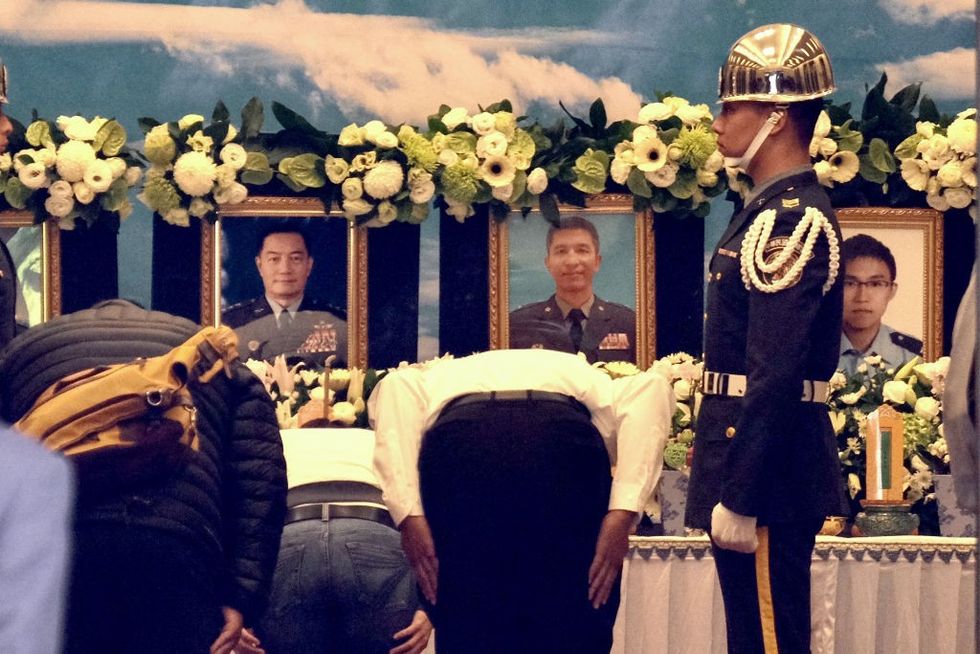
“The strange parallel doesn't mean there was any connection between the two helicopter crashes or an outside hand. If anything, each crash has raised important internal questions, especially about maintenance of military helicopters transporting top generals,” he said in another tweet.
Chinese media reacts to Chellaney's remarks
His observation caught the attention of China’s state-run media outlet Global Times, which is known for its belligerence. It claimed that the Indian expert’s view was akin to suspecting the US was involved in the crash that killed Rawat due to Washington’s opposition to New Delhi’s decision to buy S-400 missile defence system from Russia.
In a tweet, it said, “This view is like suspecting the US played a role in the crash because India and Russia are moving forward with the delivery of a Russian S-400 missile defense system, which the US strongly opposed.”
Chellaney reacted to the Chinese news outlet’s take saying it misused his tweet and said the response “sadly points to the depraved mindset of the CCP folks”.
He said in another tweet, “Here's the CCP mouthpiece misusing my tweet from a thread to accuse US of being behind the helicopter crash that killed the top Indian general because India is buying Russian S-400 system! Its tweet sadly points to the depraved mindset of the CCP folks.” The CCP stands for the Chinese Communist Party.
He said the death of the veteran military leader during the “warlike situation along the Himalayan front” could not have come at a “worse time”.
“At a time when China's 20-month-long border aggression has resulted in a warlike situation along the Himalayan front, the tragic death of India's chief of defense staff, Gen. Rawat, his wife and 11 other military personnel in a helicopter crash couldn't have come at a worse time,” Chellaney said in another tweet.
In another post on the social media platform on Thursday (9), Chellaney said Rawat was India's face against China's aggression who was never afraid of calling a spade a spade.
"Clearheaded and plainspoken, Gen. Rawat became India's public face on China's aggression. While the political leadership has been reticent to even utter the word "China," one could always count on Gen. Rawat to name names and call a spade a spade. Filling the void won't be easy," he said.


